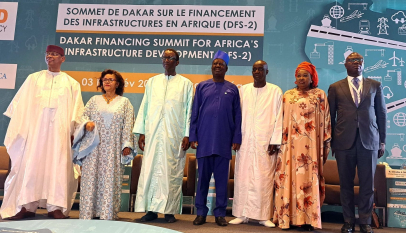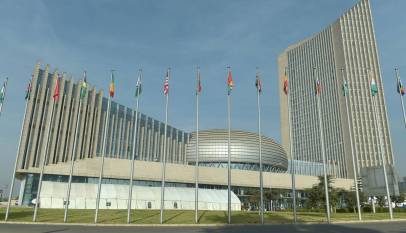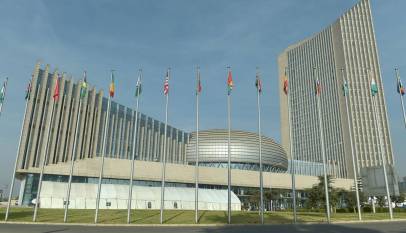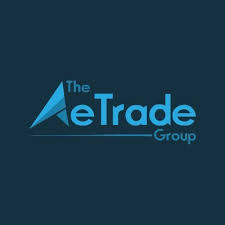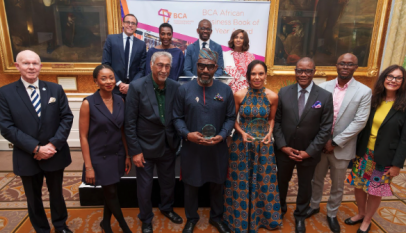INTERVIEW | CAFOR will ensure young Africans’ educational skills are relevant to labor market – Lawalley Cole
Lawalley Cole is the Executive Director of the Coalition on Media and Education for Development Africa Forum (CAFOR) committed to ensuring that education systems in Africa are relevant to looked-for skills by young Africans and correspond with what obtains on the continent’s labour market
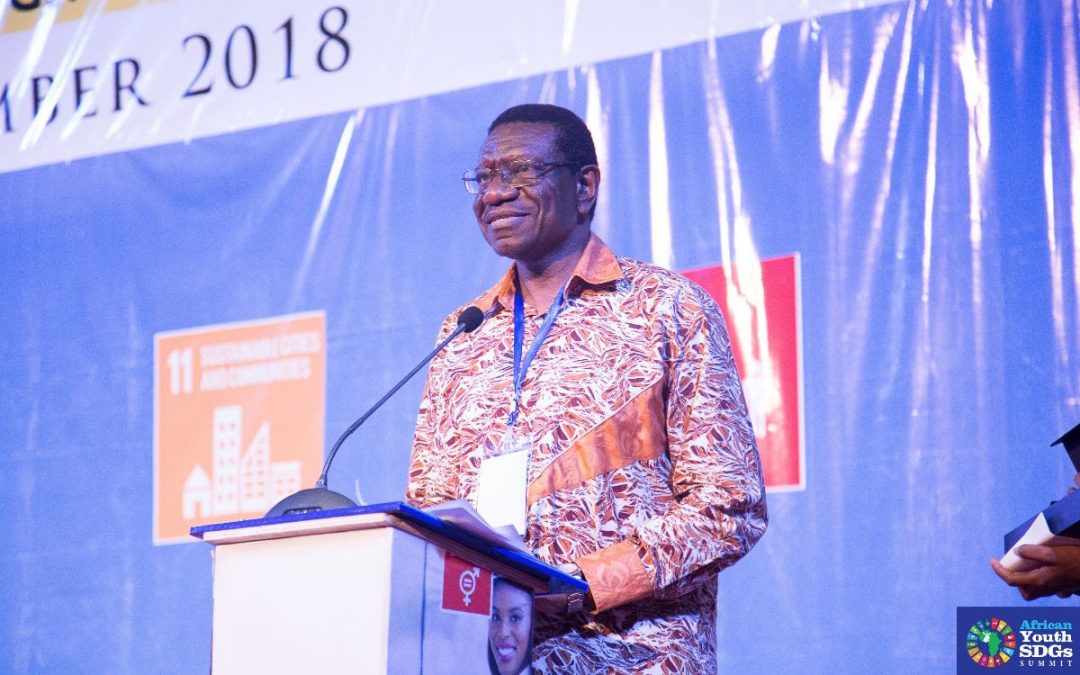
AN: How did the Coalition on Media and Education for Development Africa Forum (CAFOR) come about?
The Coalition on Media and Education for Development Africa Forum (CAFOR) was created after extensive discussions between individuals, private sector organizations and governments. We came together and decided that African media needed an organization like CAFOR to support education and development of young people on the continent. We observed that in recent times, Africa was losing a lot of its young people who wanted to leave the continent to go to Europe; because they are almost hopeless – they have no work. Often times, after they graduated from school, there are no jobs. Thus, life becomes extremely hard for them. Therefore, we at CAFOR decided that we must support young Africans.
We are focusing mainly on the educational systems in Africa by ensuring that the training systems meet the knowledge, competencies and skills relevant to our labor market; so that as soon as our young ones leave school, they can become gainfully employed. This is what CAFOR has been focusing on and apart from that; we are also using communication as a tool to sensitize governments, the media and society as a whole to achieve the necessary change.
AN: Why is the idea of CAFOR necessary at this point in the history of Africa?
African countries got their independence about 60 years ago and from what is happening, we seem to be in shambles all the time, things are not working properly; the education system has been lagging behind. However, there are lots of improvement because of the huge investments in the sector from donor agencies and governments but there are still problems. In addition, the fact that a large number of people especially from West Africa and a few from East Africa are trying to leave the continent through illegal migrations to become nothing but laborers [in Europe] mean a lot for us – we are losing a lot of human resources.
Undoubtedly, our most precious resource on the continent is human resource – young Africans. Therefore, if they are well trained, acquire quality education and skills, they can do a lot to change this continent and this is what we need. So, CAFOR is trying to use communication which is our main tool because we have lots of journalists who are members of CAFOR and we have a large network of nearly 1, 000 members in many countries across the continent. As soon as we become fully operational, we`re going to utilize their services to ensure that there`s a lot of publicity on the continent about our mission; to acquire the necessary support for our educational system and be able to create job opportunities for our youths.
AN: Why did you choose the media as an instrument for achieving your mandate?
Media is the best tool for achieving our mission and without the media, people will not know what is happening, the media can explain a lot of things. What we want to do is get many journalists and media practitioners trained on issues of youth unemployment, education, and relevant curricula. We want them to become exposed to the current happenings on the continent; so that we can change the mindsets of people including our governments in Africa: make them begin to take education more seriously than they are doing right now.
We should involve children and young people in Africa in Science, Technology and Innovation (STI), as well as encourage them to study Science, Technology, Engineering, and Mathematics (STEM) subjects. We should also make sure that our girls are well educated; they don’t drop out of school and are not married off early or exposed to traditional practices that are harmful to them. I see a very positive future for the continent and my vision for Africa is very bright. I see Africa rising despite the challenges we`re experiencing; things are getting better.
Young people must be conscious of the Africa they are living in today, let’s look at the African Union’s Agenda 2063, for example. How many people know about the AU agenda? We need to publicize the agenda so that our young people get to know that it is extremely important. CAFOR wants to make sure that we reach out to the most vulnerable societies; so that even the most remote villages who don’t understand anything about modernization get to know about the modern world and become educated.
AN: If the AU Agenda 2063 is implemented successfully; how far do you think it will go in terms of its potential to change the whole narrative about Africa?
The AU Agenda 2063 is already 5 years old now and it is supposed to be a document which will be implemented over a 50 year period. So, now we have 45 years left to implement the agenda and there`s not much time; I think now is the time. In the next 5 years, we should focus on publicizing the Agenda 2063, lets our younger generations know about it. We should translate the agenda into all the different languages of Africa; like in the case of Nigeria, we have three major languages – Hausa, Igbo and Yoruba. If we can translate Agenda 2063 into these languages, I think it will make a huge difference.
We need to organize radio and television programs where we can invite guests from the AU to come and talk about these issues. Let the document be studied and people should understand what it is all about. I think that will make a huge difference, because we are running out of time. If we are not careful, five years will pass and nothing will be done.
Shortly after this interview, CAFOR signed a Memorandum of Understanding with the African Union. The two parties agreed to work together to enhance the integration of global and continental policy agendas for the development of the African continent. These include the Sustainable Development Goals (SDGs); Agenda 2063; the Science, Technology and Innovations Strategy for Africa (STISA-2024) as well as the Continental Education Strategy for Africa (CESA 16-25) and the Continental Strategy for Technical and Vocational Education and Training (TVET).


